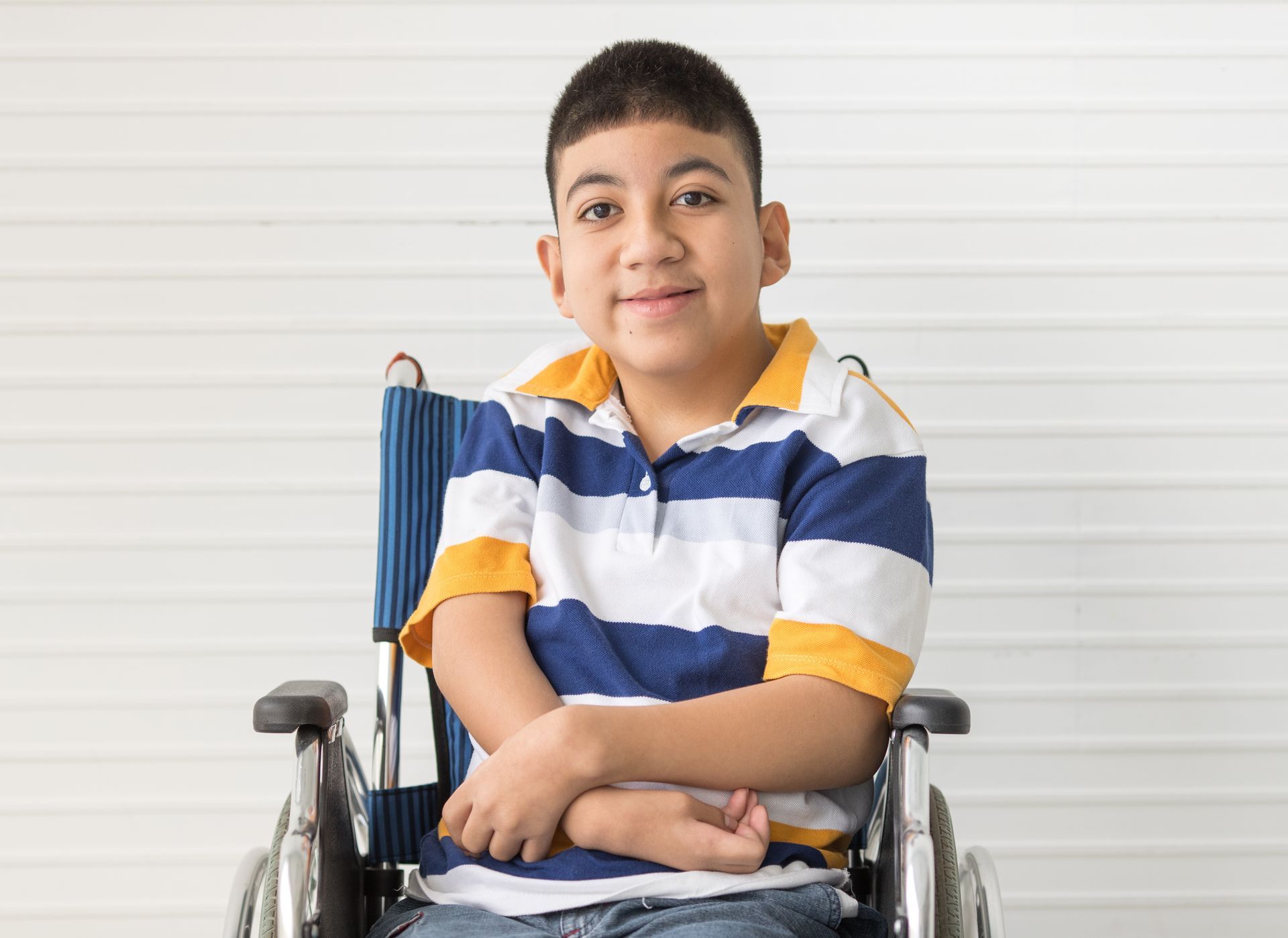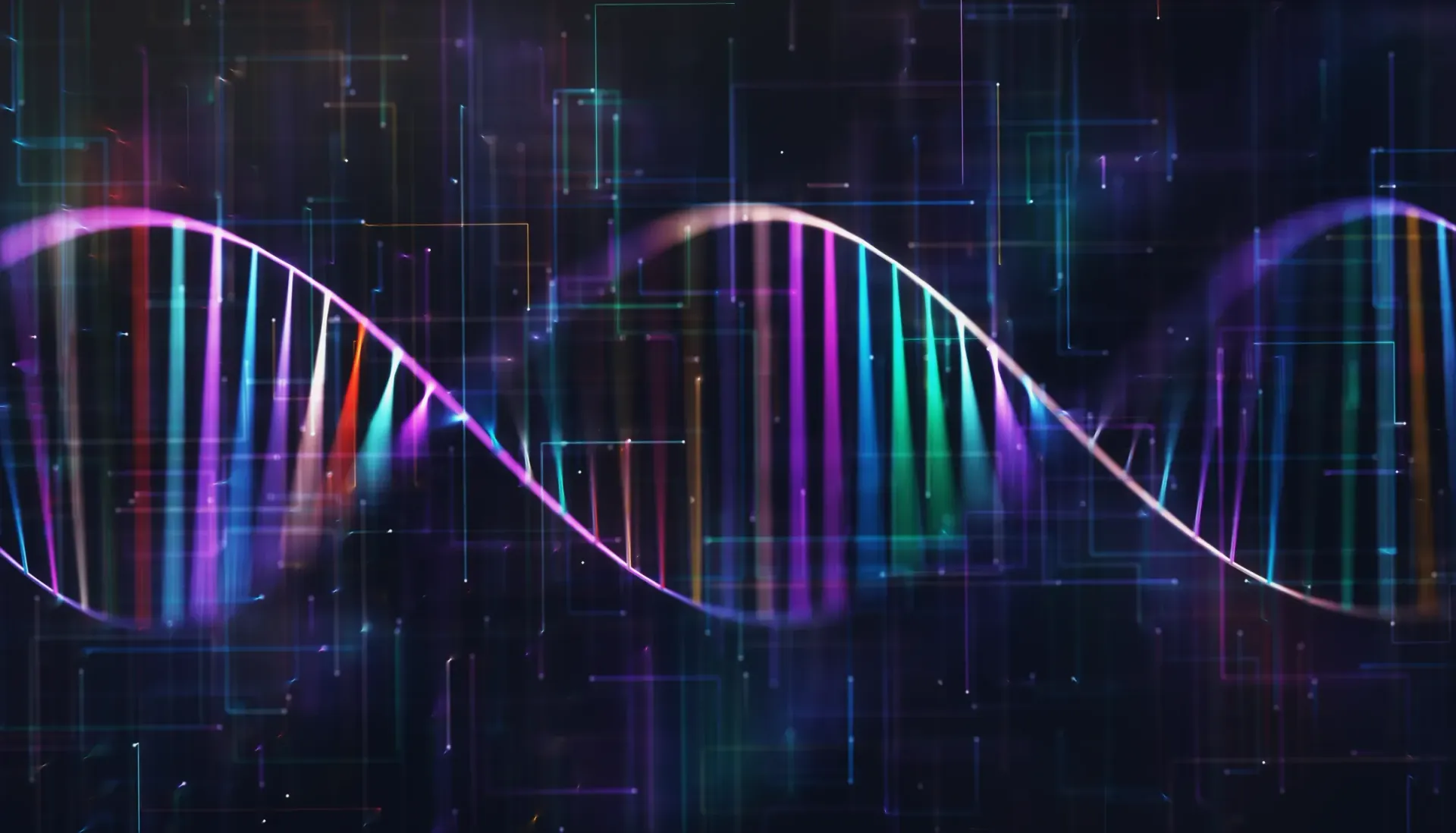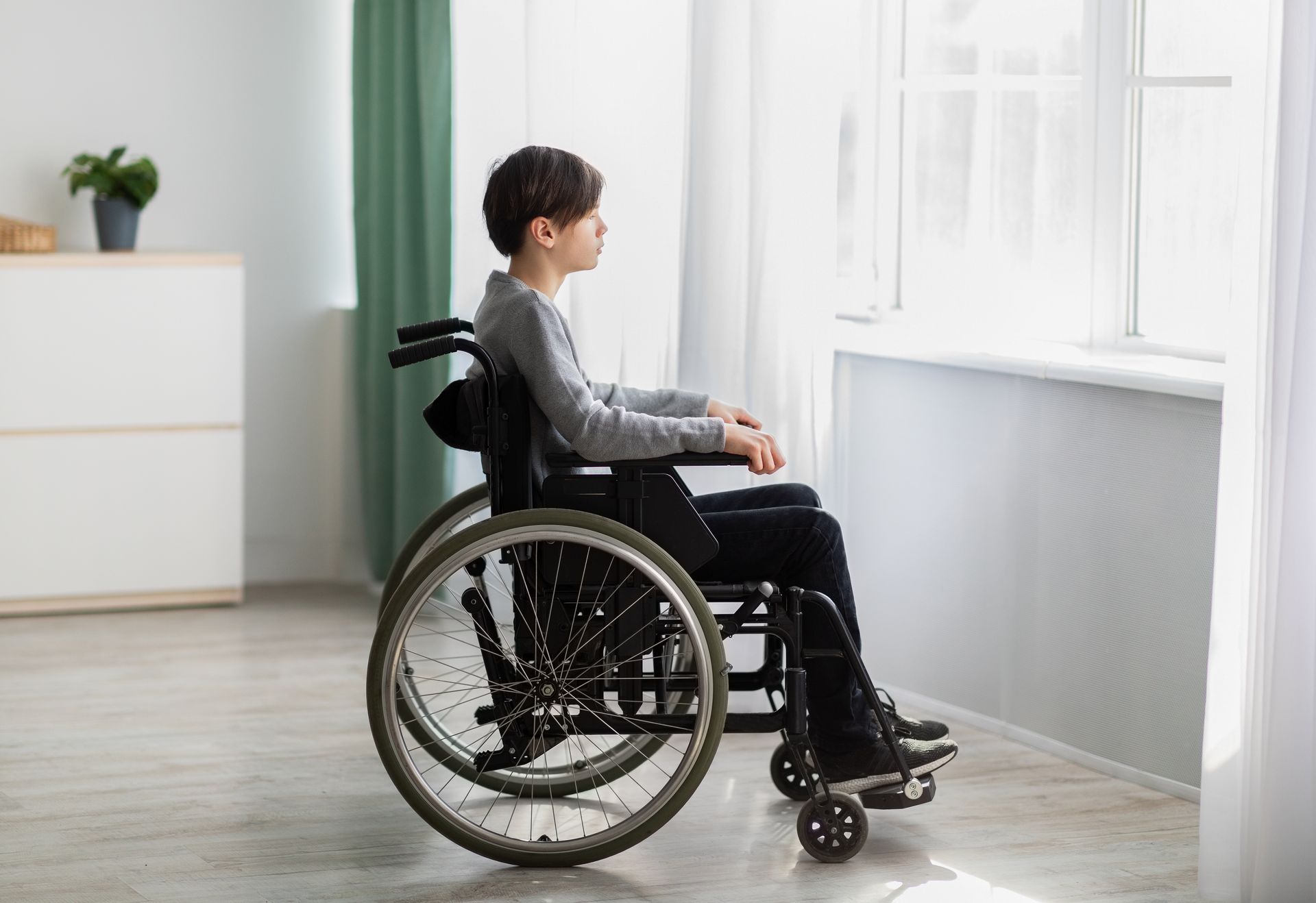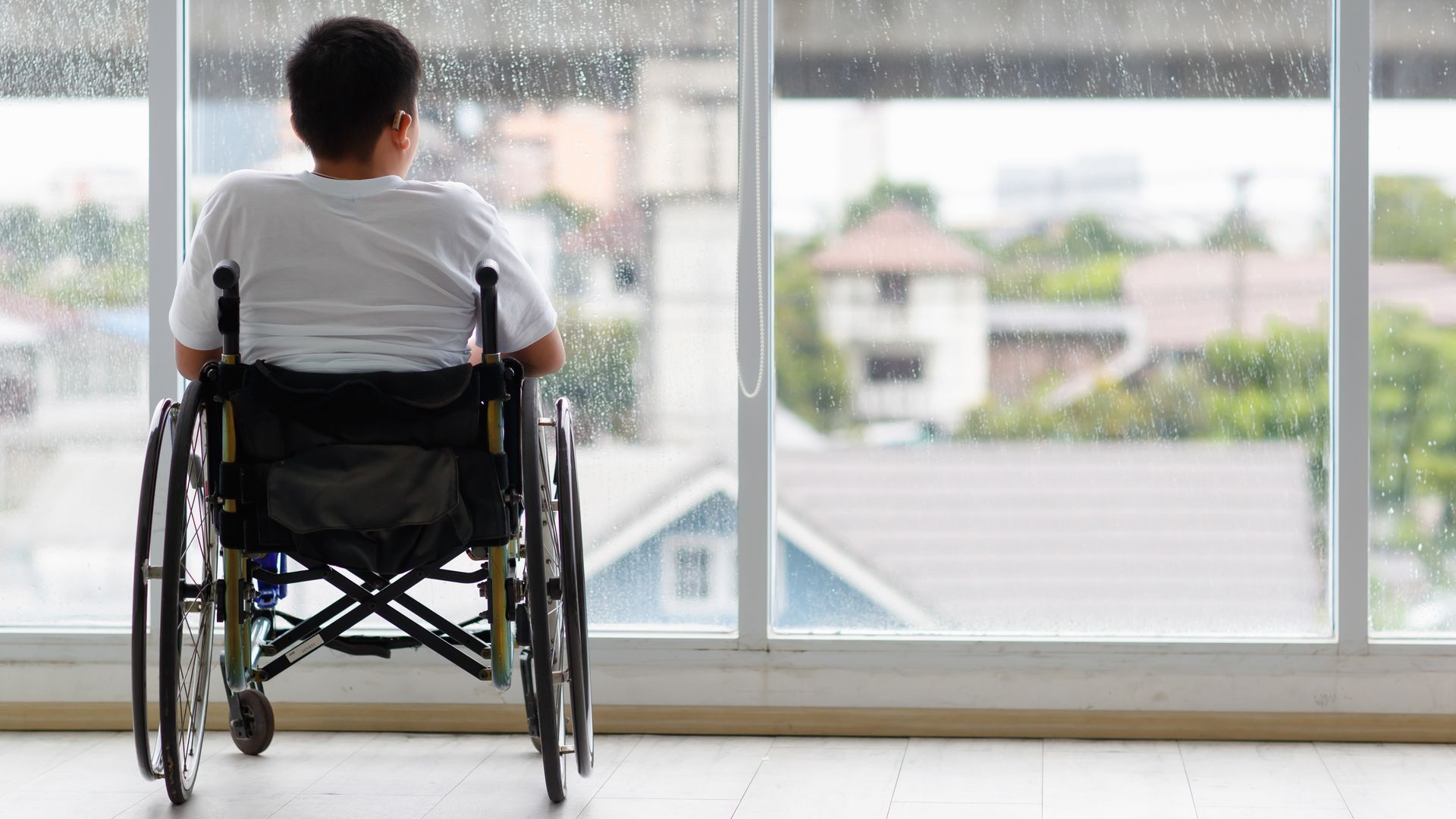SIGN A VIRTUAL PETITION FOR EQUAL JUSTICE FOR NJ CHARITIES
Equal justice for Charities: allow Charities to sell raffles tickets on-line in NJ
The body content of your post goes here. To edit this text, click on it and delete this default text and start typing your own or paste your own from a different source.
We need to change the laws stopping Charites from selling raffle tickets online.
You can: bet on a horse, baseball game, football game for profit but you CANNOT purchase a raffle ticket online through a charity website for a game of chance to help save a child’s life!!
New Jersey is the unquestionable leader when it comes to land-based gambling on the East Coast and has more legal gambling options than any other state. Residents and visitors of the Garden State can choose between dozens of live and online casinos and sports betting sites (as stated on the https://www.letsgambleusa.com/new-jersey/).
Most of the high-profile gambling establishments are located on the Atlantic City Boardwalk, but it’s worth remembering that New Jersey also has several pari-mutuel racetracks on the outside. The state allows charitable gambling and has its own lottery. New Jersey was the second state to regulate its intrastate online gambling market, which means that the local gambling enthusiasts are free to get some licensed casino and poker action without having to turn to offshore iGaming sites.
With all this said, NJ does not allow charities to sell raffle tickets online. Why? Because their statute was written in 1950 and the Internet did not exist then. Furthermore, the statute does not say a charity cannot sell raffle tickets online, It is the interpretation of the statute by the NJ AG’s office that prohibits charities from doing so.
I am asking you to sign this petition so we can change the law to allow all charities in the state of NJ to sell raffle tickets online. Given the circumstances we are navigating through and are currently in during this COVID pandemic, we are unable to gather together to raise money for causes near and dear to our hearts and for these individuals, our loved ones, who are most in need of our help at this time.
The solution is to change the statute. JAR of Hope has hired an attorney to help fight this in court and has enlisted the help of Congressman Chris Smith and Senator Thompson to help us make the change that is so gravely needed. However, your signatures are imperative to move this along in the process. Once this statute has been overturned, ALL Charities in the state of New Jersey will have the opportunity to raise funds through online raffle ticket sales, not just ours. This will be a victory for the thousands of charities that exist in the State of New Jersey.
Currently, the NJ Attorney Generals office has stopped JAR of Hope from selling raffle tickets online for a 2020 convertible Mustang that was donated by All American Ford in Old Bridge, NJ. This dealership has given us an incredible gift that is so generous and desperately needed at this time, 100% of the proceeds raised by ticket sales would be used to fund research for terminally ill children. Currently, 11-year-old Jamesy Raffone of Manalapan, 15-year-old Martin Cintron of Perth Amboy and dozens of other children living with Duchenne Muscular Dystrophy are suffering from this awful disease and need these tickets sold to fund an experimental drug treatment that just might save their lives. Please sign and share, we will do the rest.
